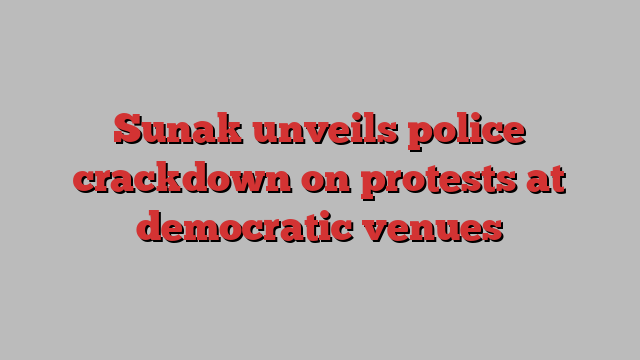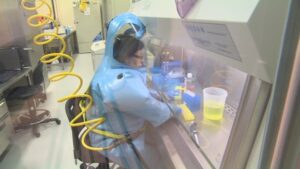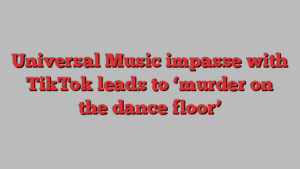
Unlock the Editor’s Digest for free
Roula Khalaf, Editor of the FT, selects her favourite stories in this weekly newsletter.
Rishi Sunak on Wednesday set out plans for a police crackdown on protests that cause “alarm or distress” at venues including parliament, as the government sought to toughen its approach to pro-Palestinian demonstrators following Israel’s war against Hamas.
A new protocol agreed between Downing Street and police forces on Wednesday stipulates that protests at MPs’ offices, as well as democratic venues such as parliament and town halls, should not be allowed to prevent access or use of the spaces, or cause alarm or distress to attendees.
“Intimidatory protests should trigger an immediate response [by the police],” according to the Defending Democracy Policing Protocol published by Number 10.
Earlier home secretary James Cleverly unveiled a £31mn package to boost MPs’ security, after telling The Times that pro-Palestinian demonstrators were placing “huge pressure” on policing, had “made their point” and should stop their regular Gaza protests in London.
The planned policing crackdown comes after some MPs expressed fears for their safety, amid reports of increasing threats and intimidatory behaviour from members of the public following Israel’s war against Hamas, the Palestinian militant group, in Gaza.
More than 60 pro-Palestinian protesters surrounded the constituency home of former Tory minister Tobias Ellwood for three and a half hours this month.
Sunak said in a statement on Wednesday that there was a “growing consensus that mob rule is replacing democratic rule”.
He added: “We simply cannot allow this pattern of increasingly violent and intimidatory behaviour which is, as far as anyone can see, intended to shut down free debate and stop elected representatives doing their job.”
House of Commons Speaker Sir Lindsay Hoyle last week defended his handling of a chaotic vote about a ceasefire in Gaza as an effort to protect MPs.
Hoyle justified his decision to break with Commons convention, and allow a vote on a Labour amendment to a parliamentary motion about Gaza, on the grounds it gave the main opposition party’s MPs a chance to back a ceasefire.
Hamas killed more than 1,200 people and took about 250 hostage during its attack on southern Israel on October 7, according to Israeli officials. Israel’s retaliatory offensive in Gaza has killed more than 29,000 people, according to Palestinian officials.
More than 90 MPs have signed a motion of no confidence in Hoyle following the botched vote, with many raising concerns about the Speaker’s break with parliamentary convention in response to public intimidation.
The new police measures come after a senior government adviser urged ministers to expand the use of special orders to swiftly shut down public protests around democratic venues including parliament, council buildings and MPs’ offices.
Ben Jamal, director of the Palestine Solidarity Campaign, said at the time that it would be “outrageous” for the government to give the police greater powers to curb protests around democratic buildings.
“The powers the police have are already far too broad and used in a deeply repressive fashion,” he said.
The protocol agreed between Downing Street and the police said forces would provide additional patrols in local communities “in response to potential flashpoints”.
This could include deployments at MPs’ personal residences and constituency offices to prevent criminal damage, graffiti and unlawful protests.
The document also noted that protests at MPs’ homes should be treated as “intimidatory” and as such police should already have adequate powers to disperse demonstrators.

